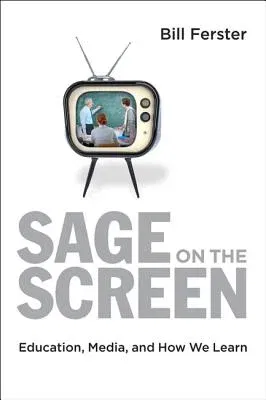Bill Ferster
(Author)Sage on the Screen: Education, Media, and How We LearnHardcover, 15 November 2016

Qty
1
Turbo
Ships in 2 - 3 days
Only 1 left
Free Delivery
Cash on Delivery
15 Days
Free Returns
Secure Checkout

Part of Series
Tech.Edu: A Hopkins Education and Technology
Part of Series
Tech.Edu: A Hopkins Series on Education and Technology
Print Length
216 pages
Language
English
Publisher
Johns Hopkins University Press
Date Published
15 Nov 2016
ISBN-10
1421421267
ISBN-13
9781421421261
Description
Product Details
Author:
Book Format:
Hardcover
Country of Origin:
US
Date Published:
15 November 2016
Dimensions:
23.62 x
15.75 x
1.78 cm
ISBN-10:
1421421267
ISBN-13:
9781421421261
Language:
English
Location:
Baltimore
Pages:
216
Publisher:
Series:
Weight:
408.23 gm